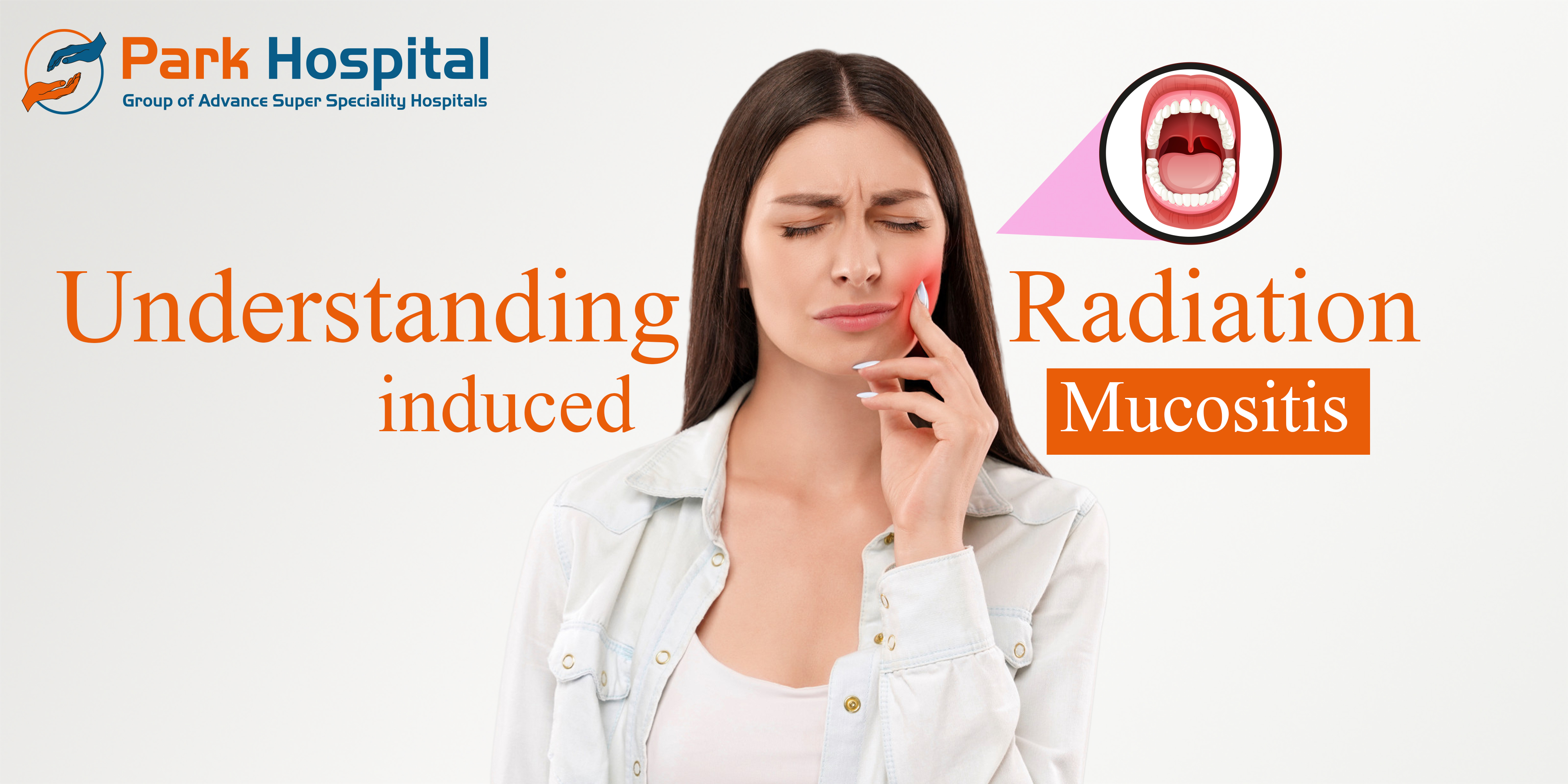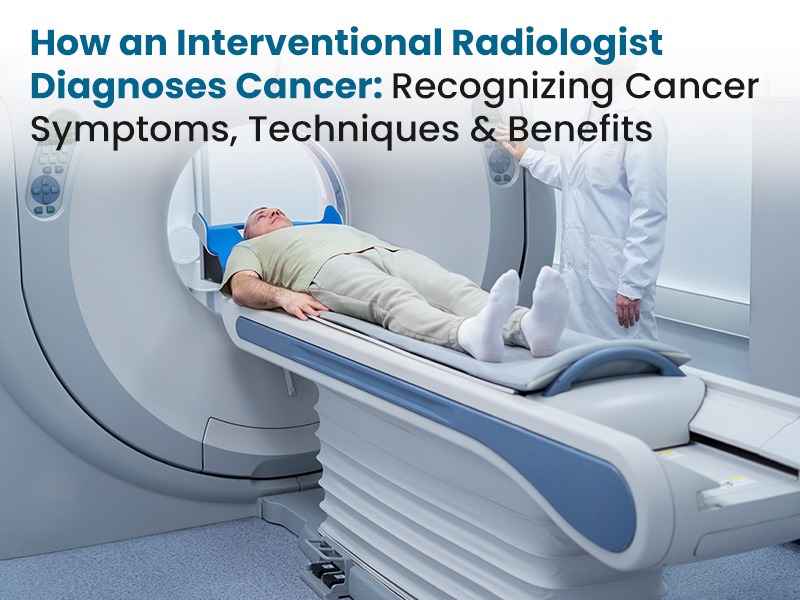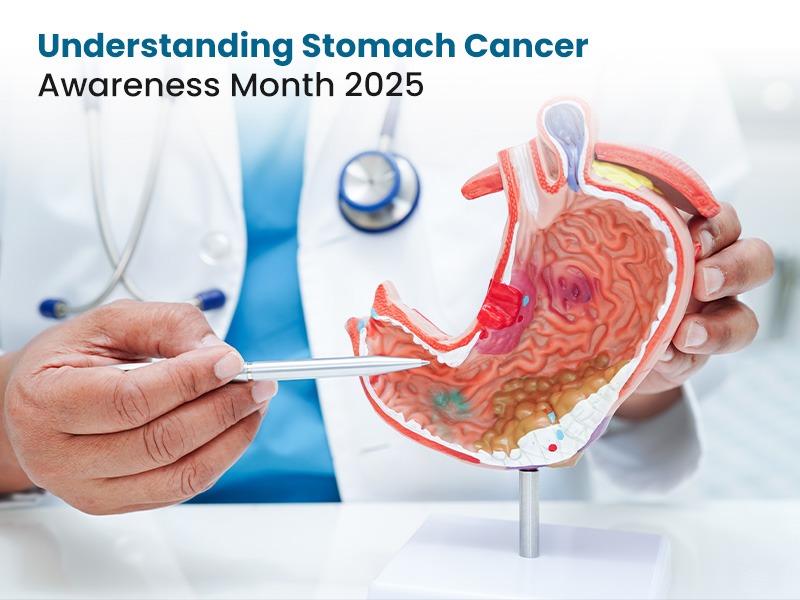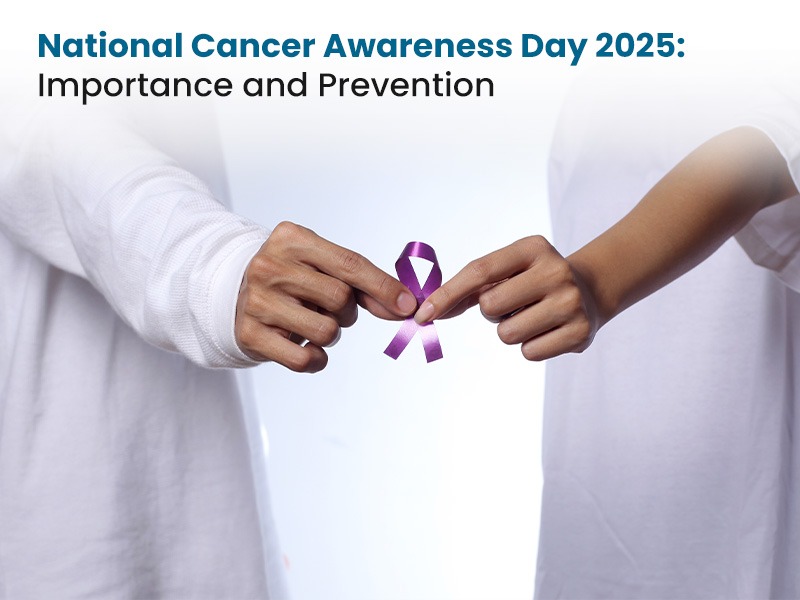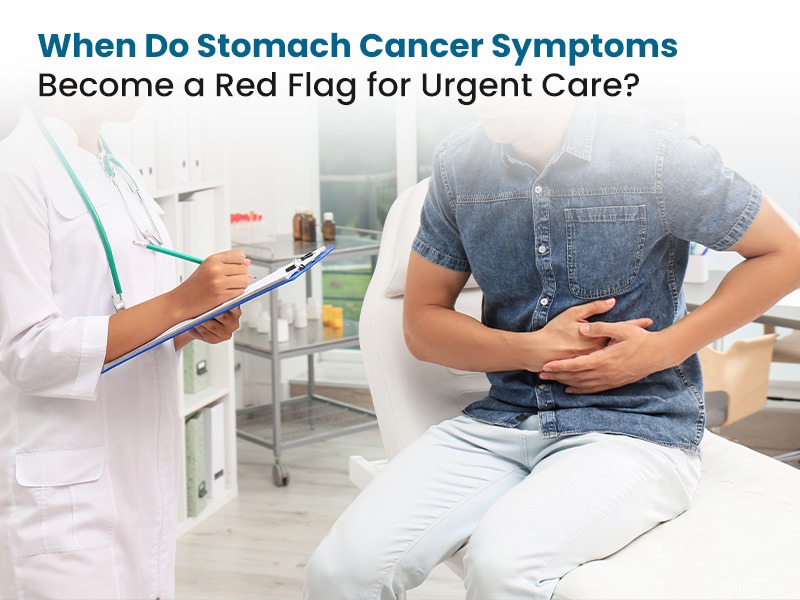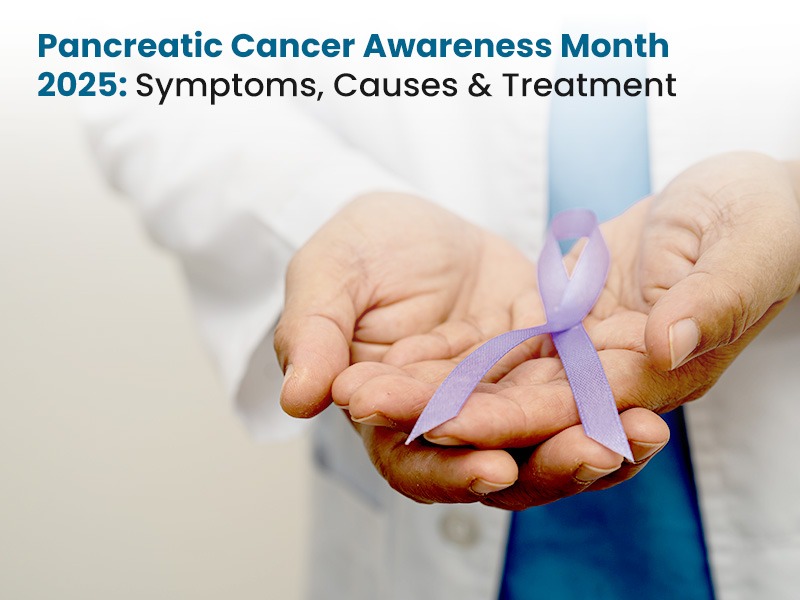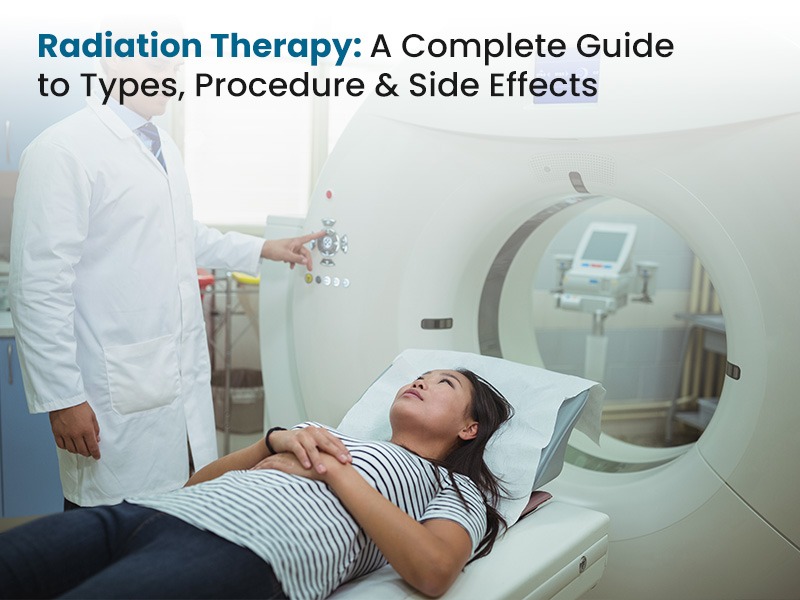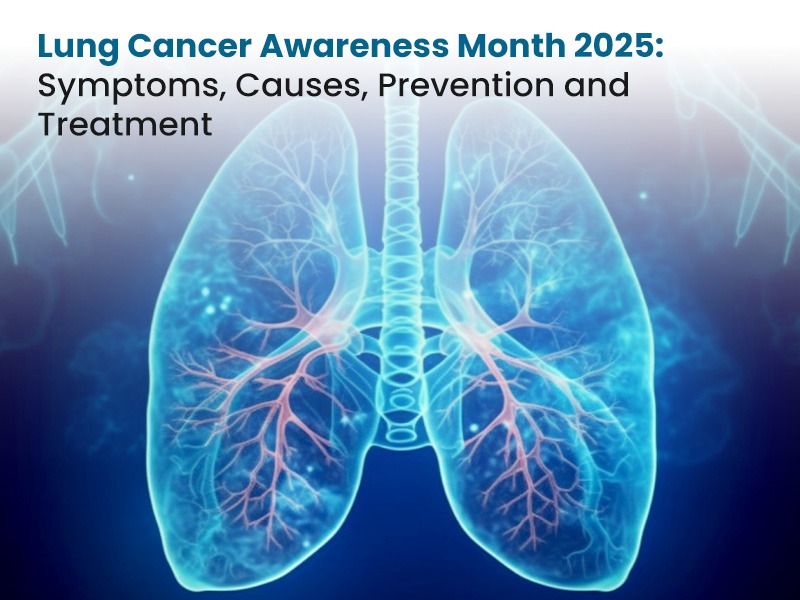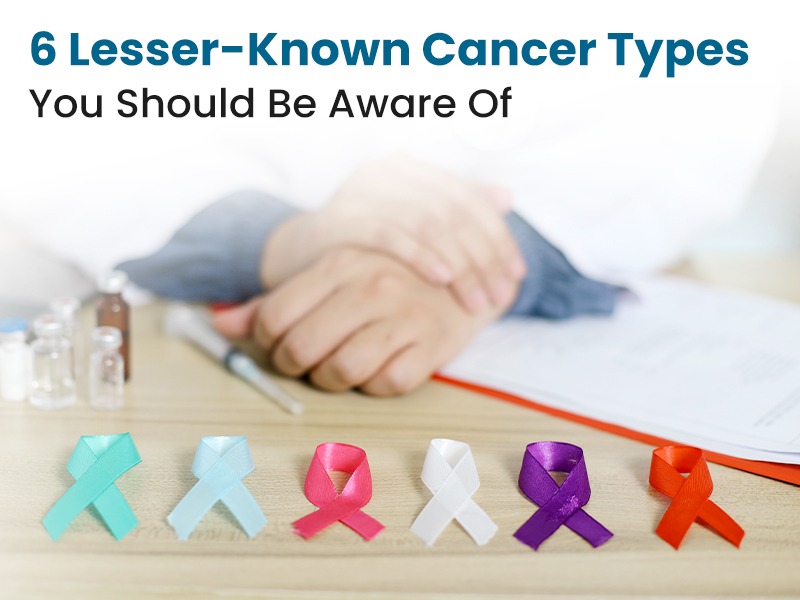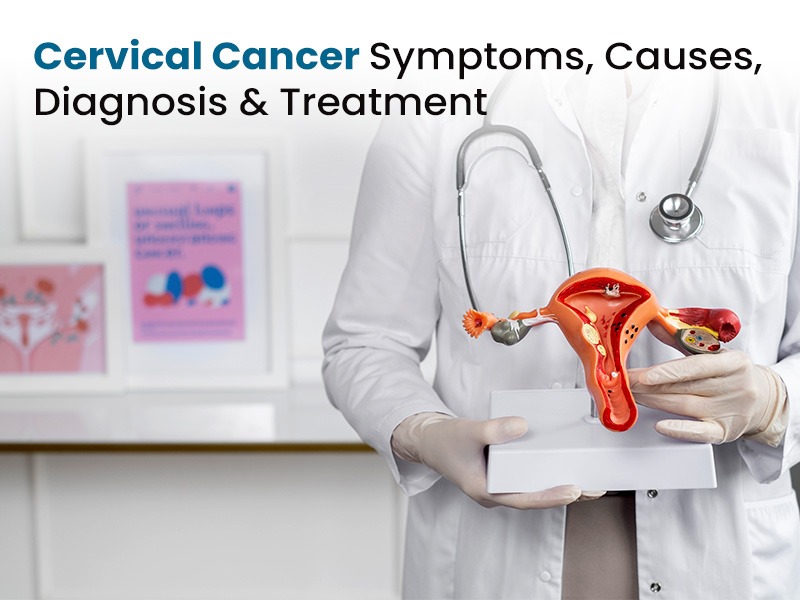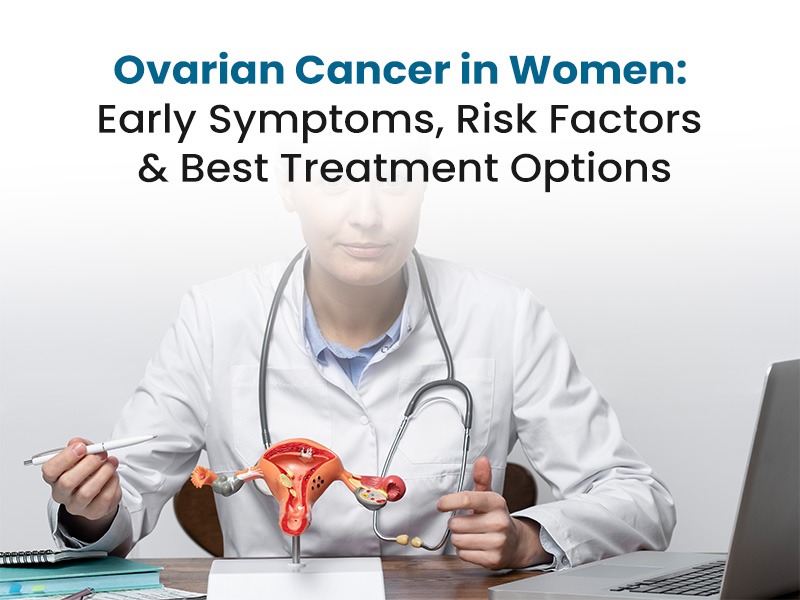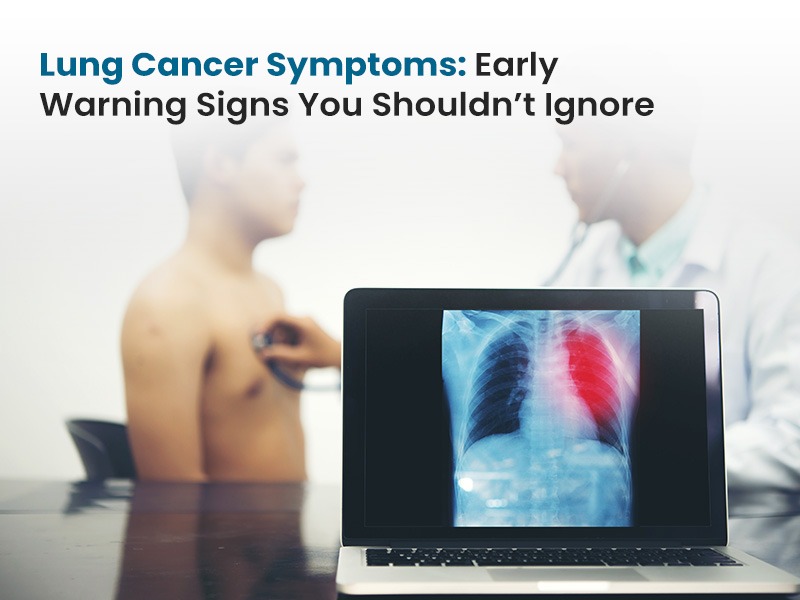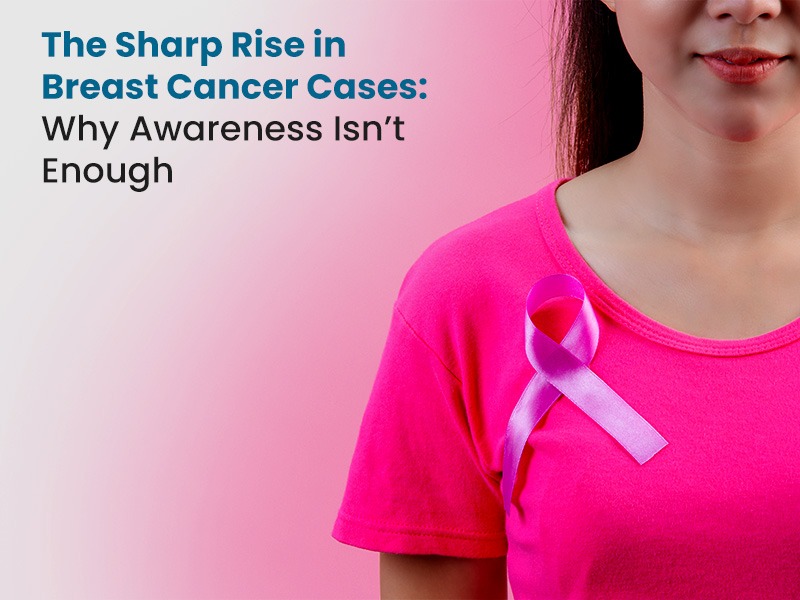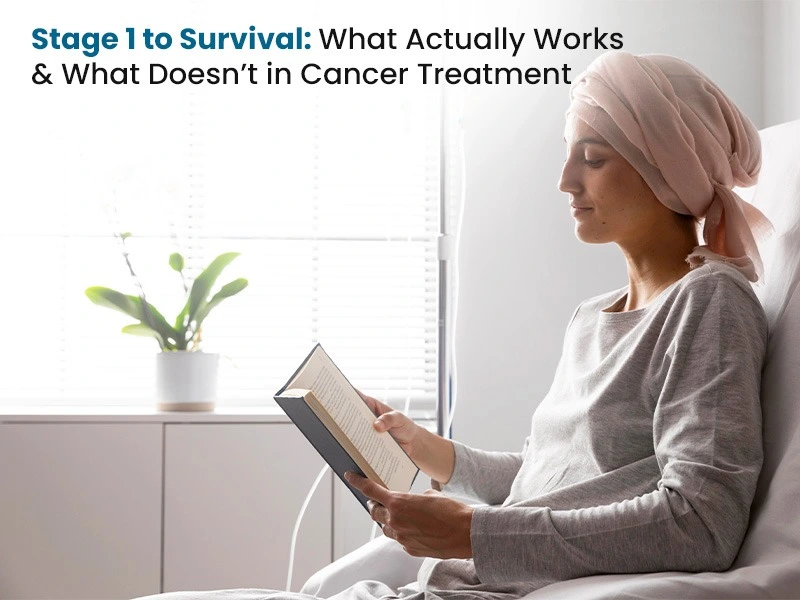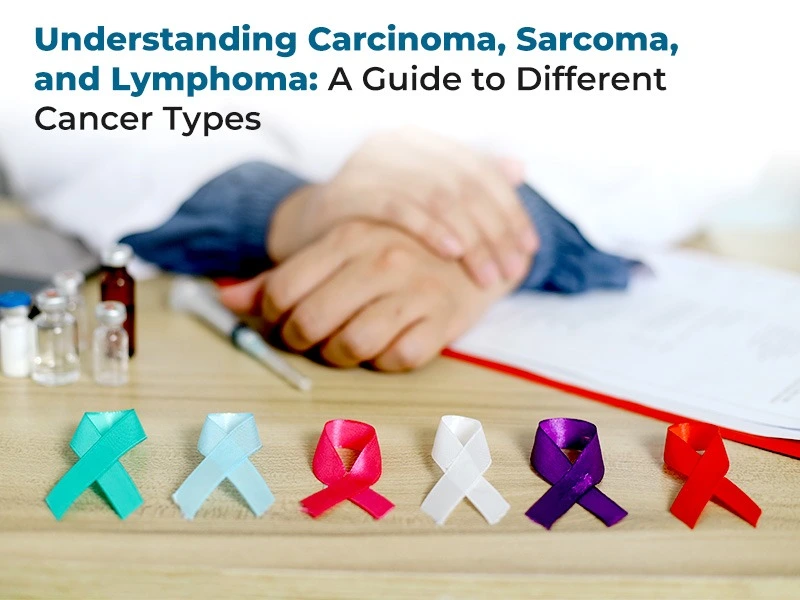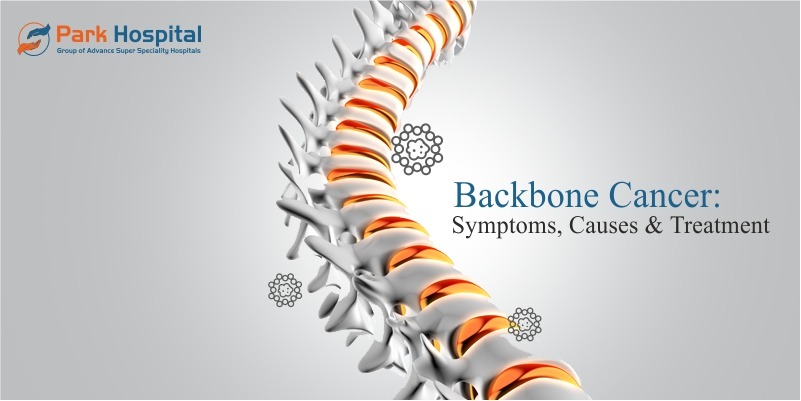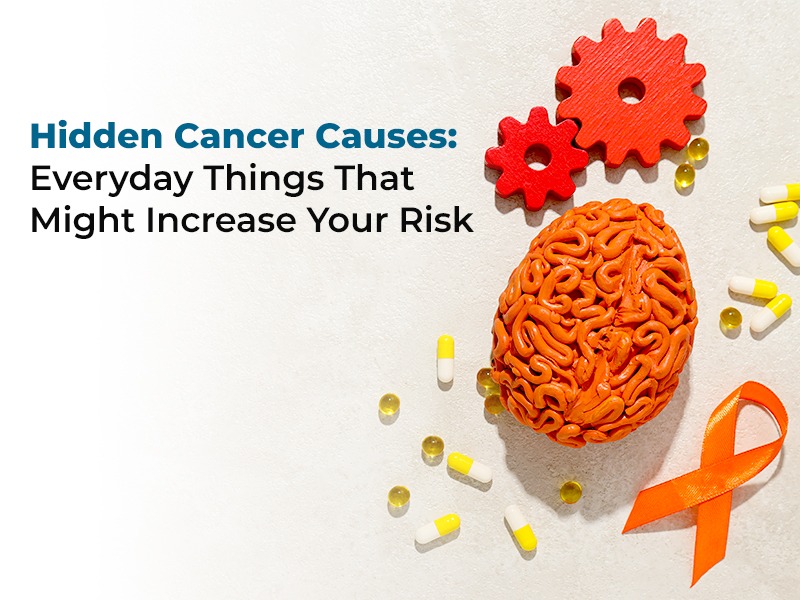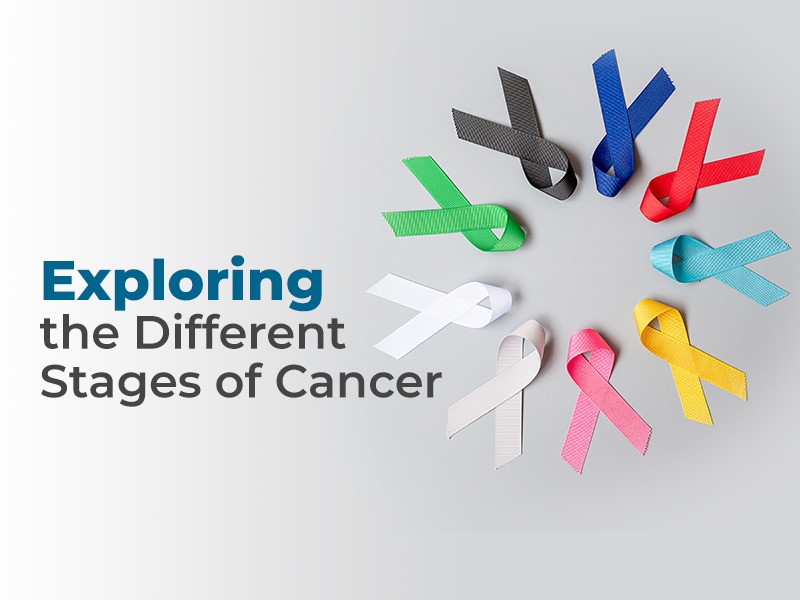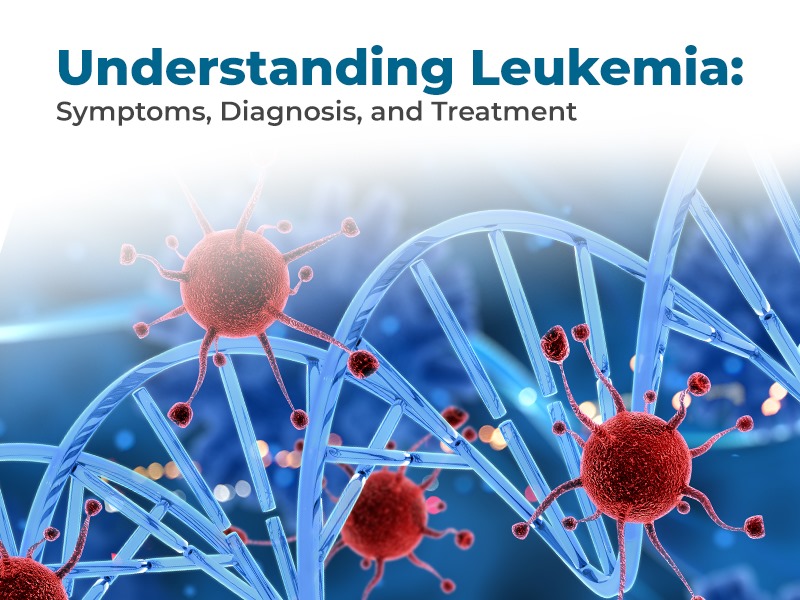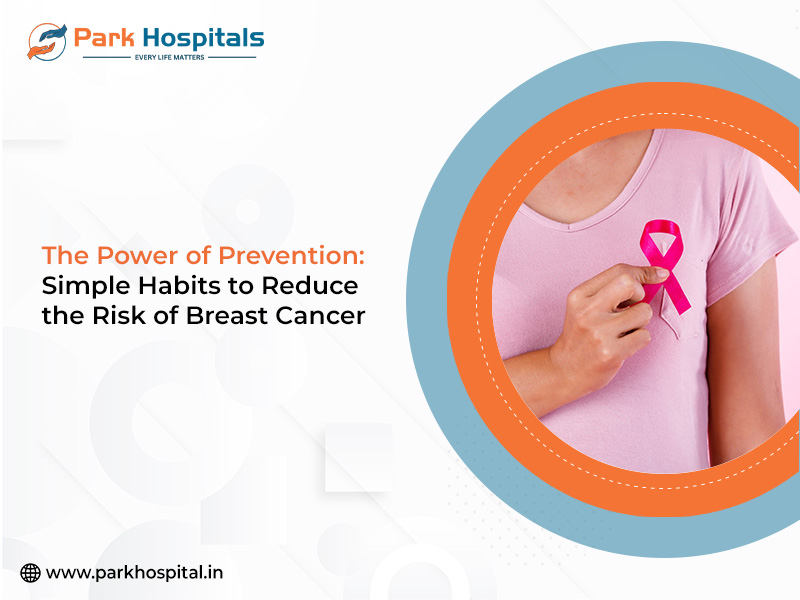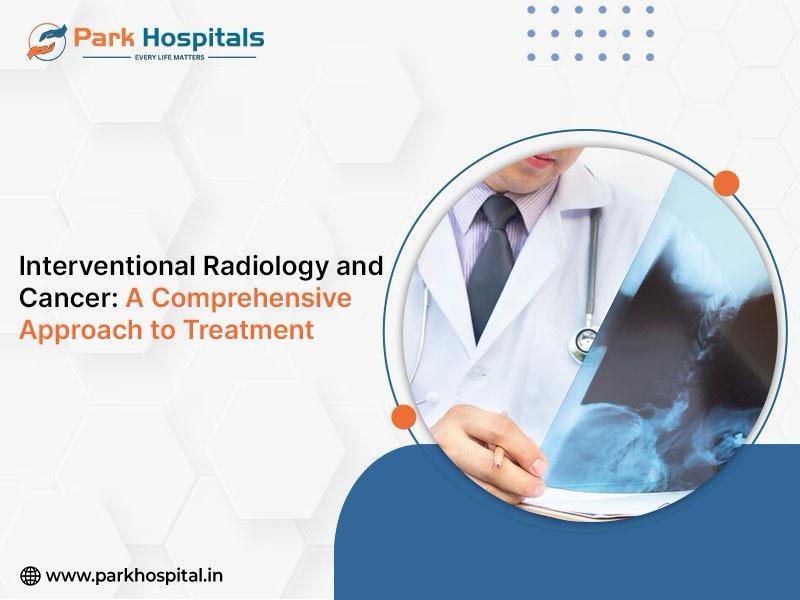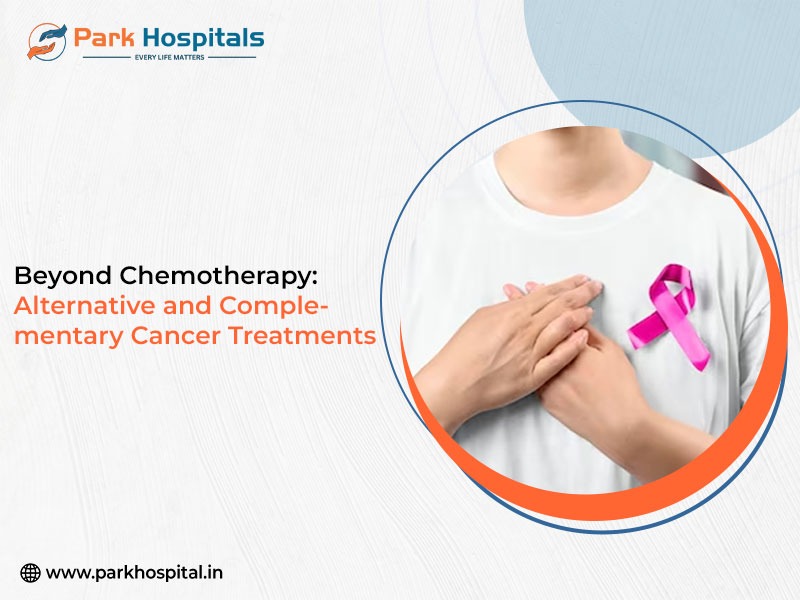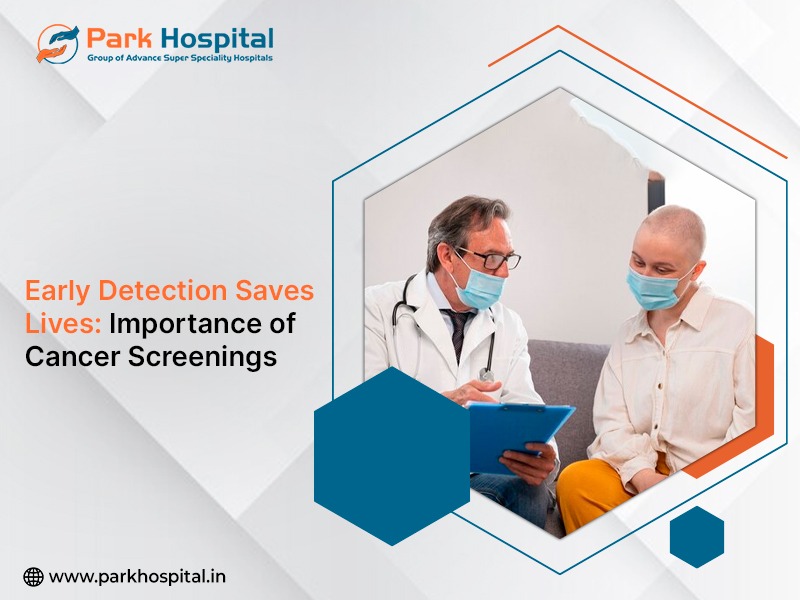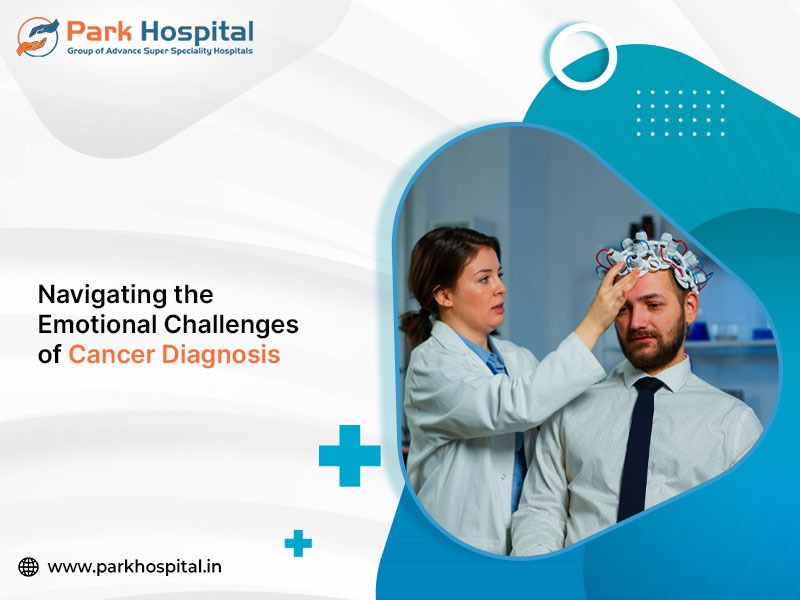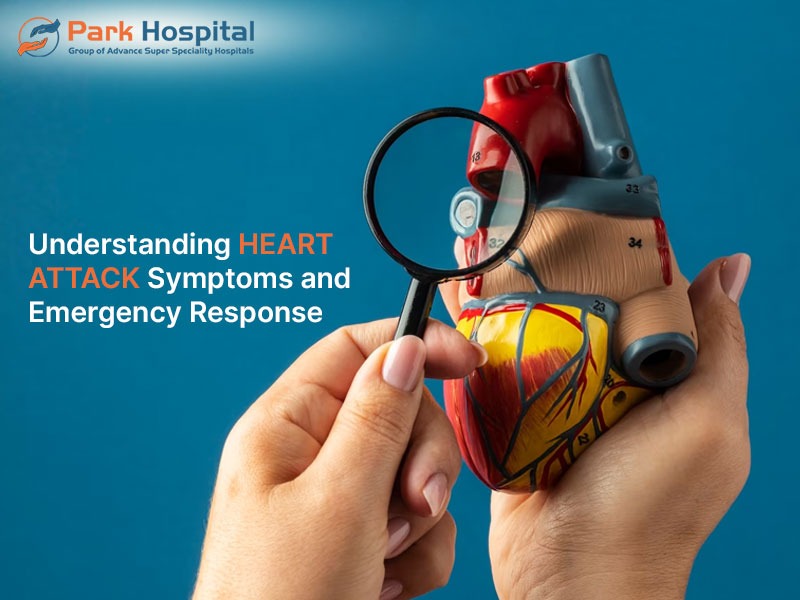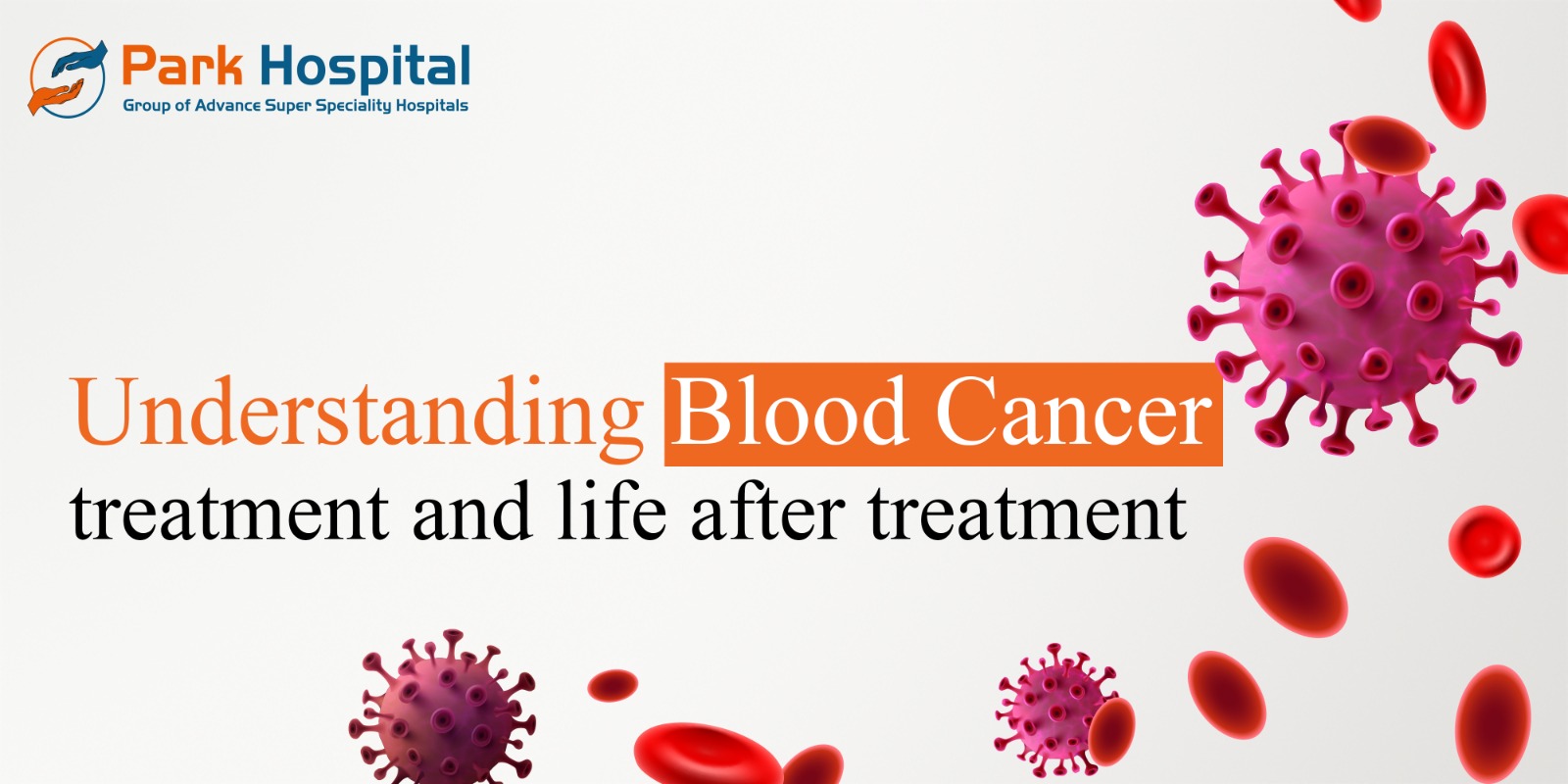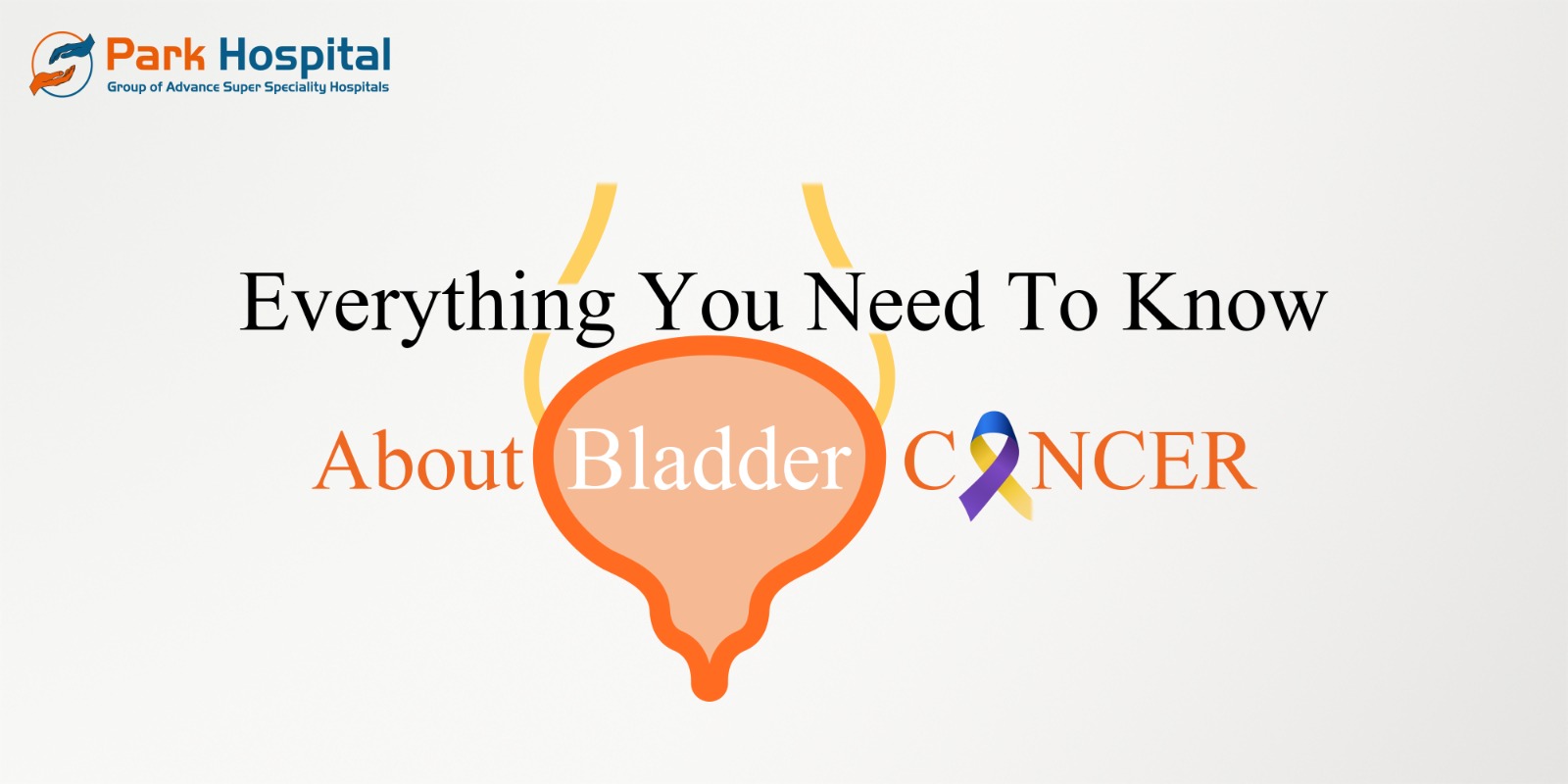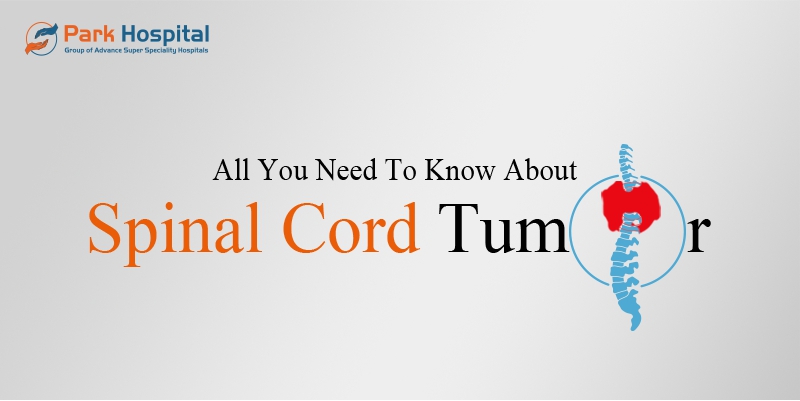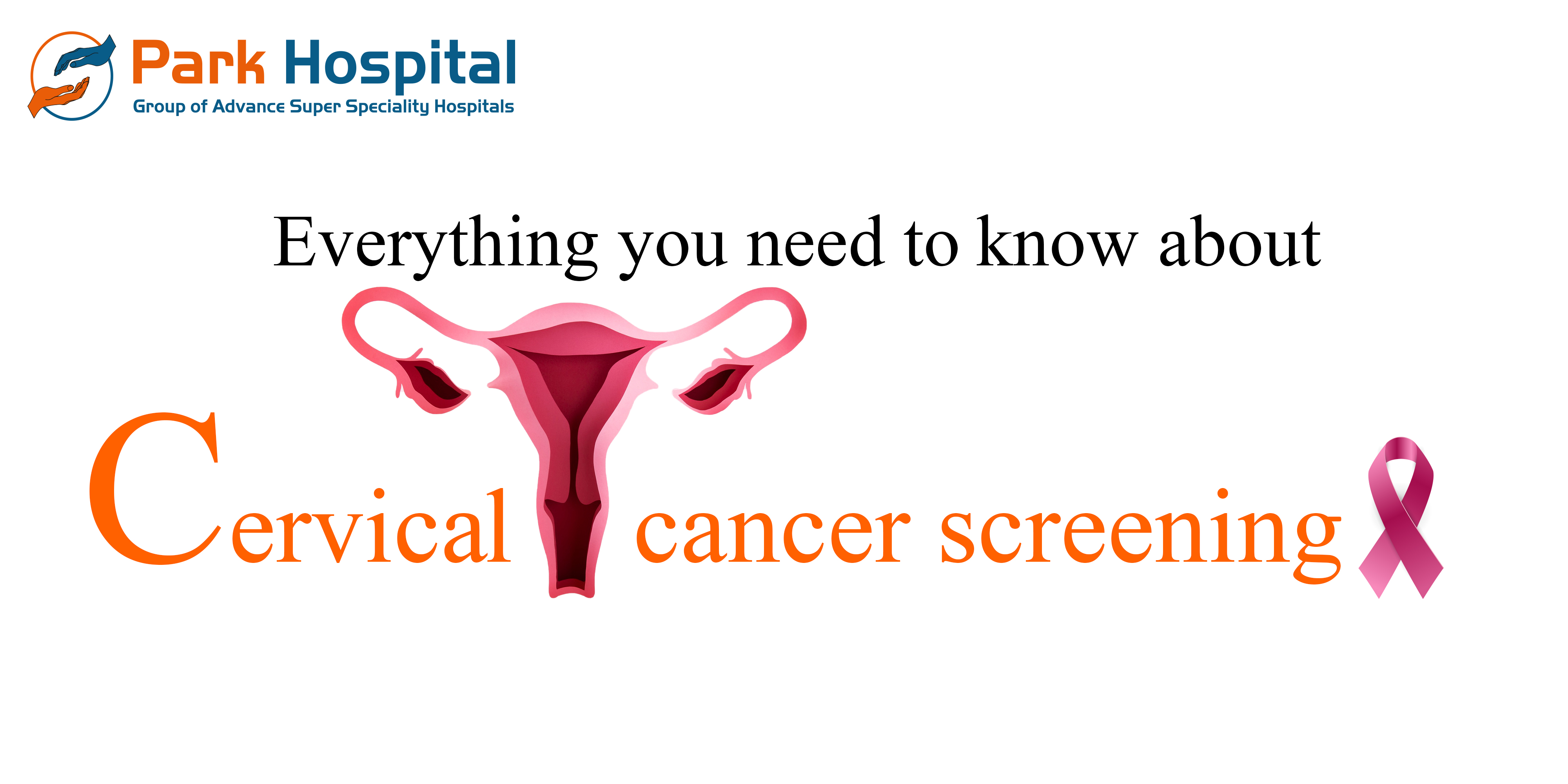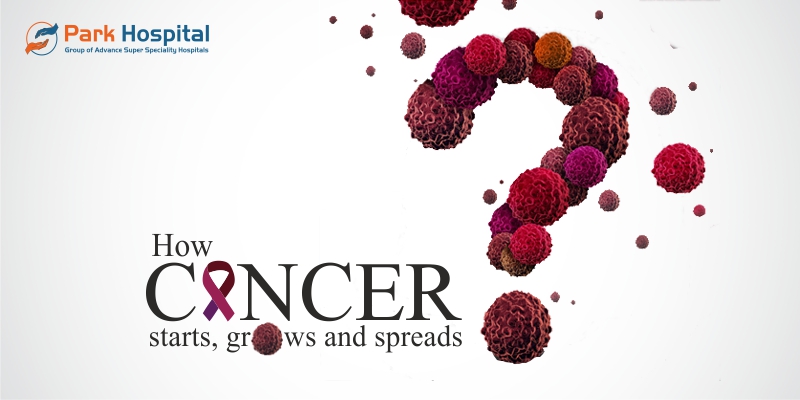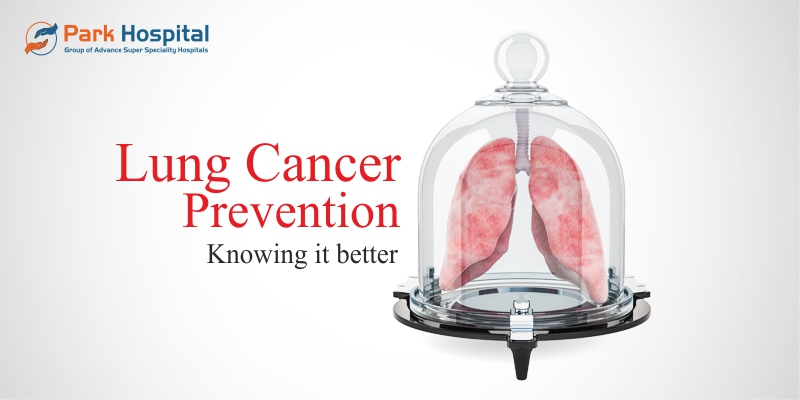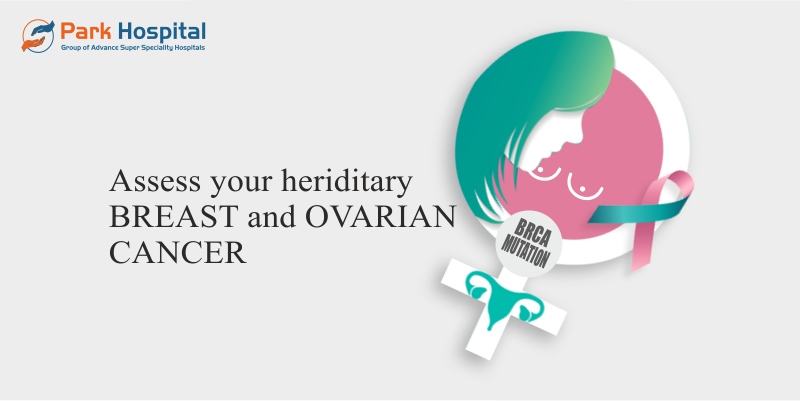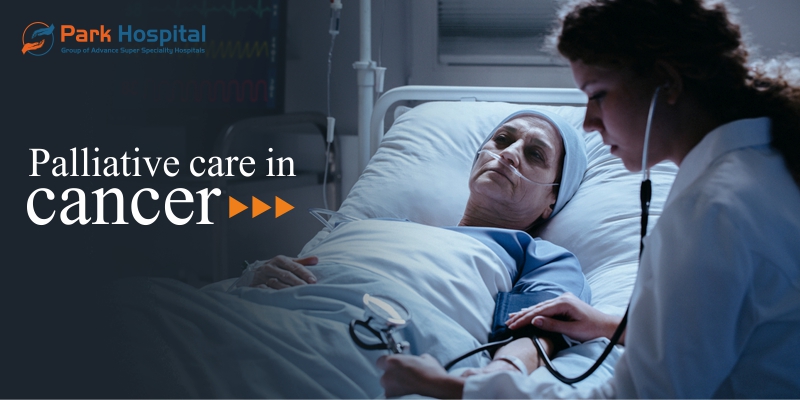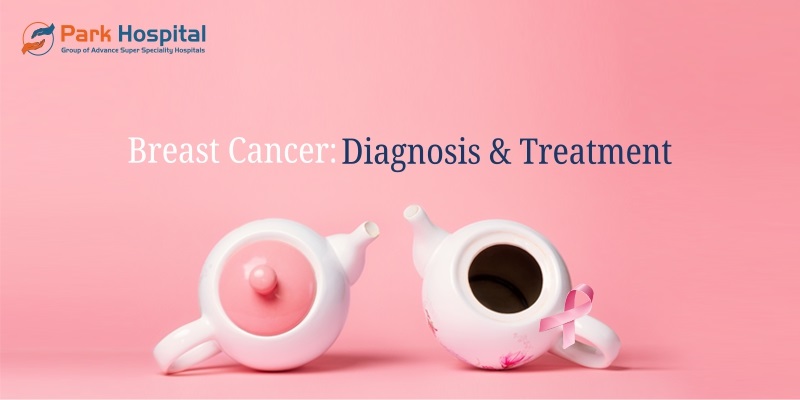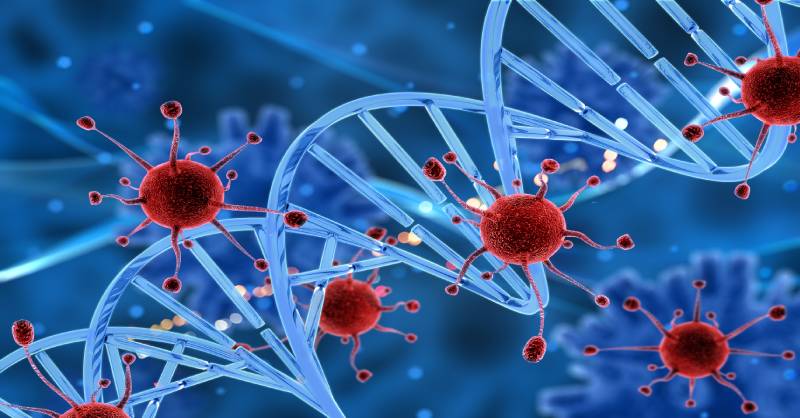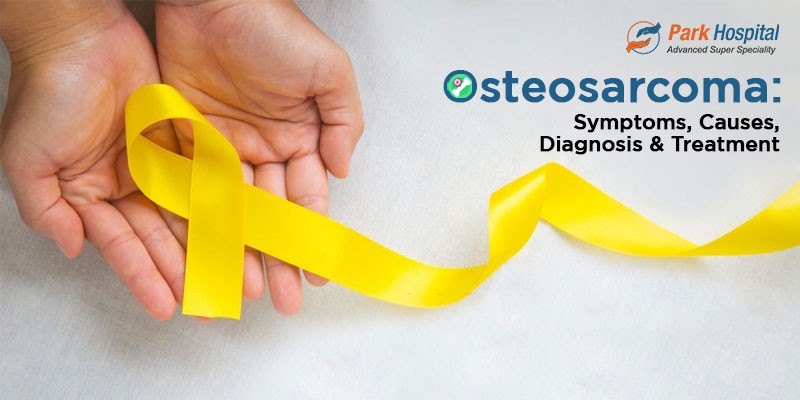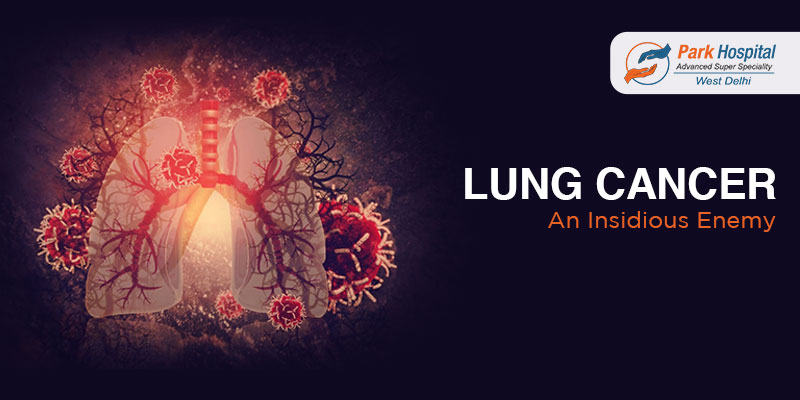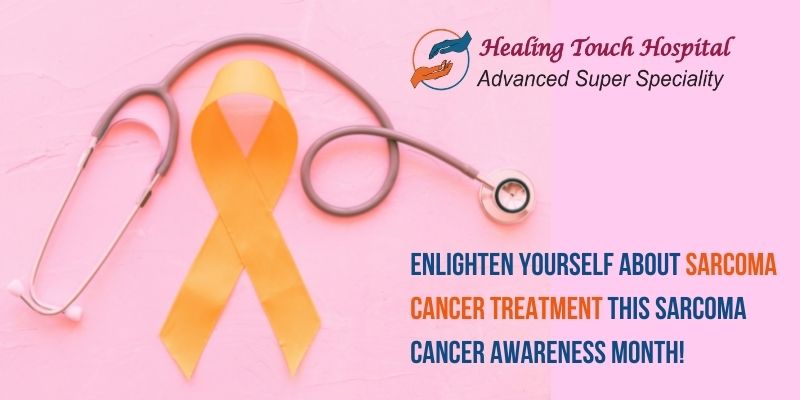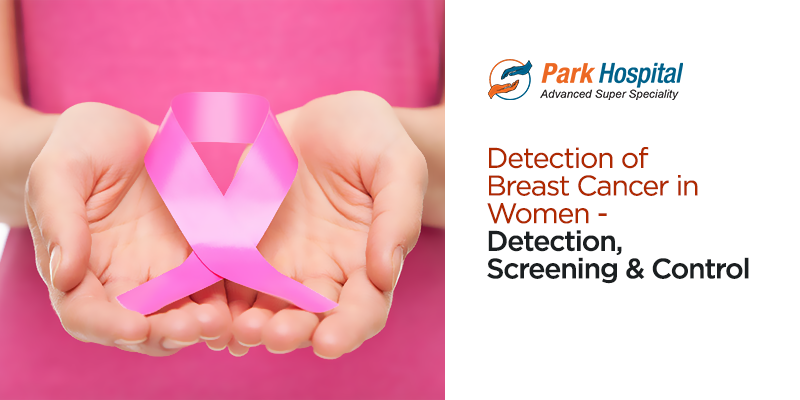You may be familiar with various cancer treatments available and how two or more treatments are used to form a more robust approach to fighting cancer. Radiotherapy is used to kill cancer cells and arrest tumor growth directly. Radiotherapy may also be coupled with chemotherapy where chemical substances are used to slow down or stop cancer cell growth.
You may also know how cancer treatment is perhaps one of the most challenging forms of therapy for a patient to go through. Understanding how cancer works is important for any person that may need to undergo any kind of cancer treatment. Cancer treatment is not a straight road to cancer cure and patients may go through several complications or secondary ailments due to the effects of cancer treatment. Cancer care becomes an extremely important area of concern for addressing secondary infections to cancer treatment. In this article we explore a common condition seen amongst cancer patients that suffer from cancers from the head to the neck region.
What is Radiation induced mucositis
Radiation mucositis is also referred to as radiation-induced oral mucositis. It is an acute injury to the mucosal lining of any part of the alimentary canal due to radiation or chemotherapy or both. The alimentary canal refers to all the organs that food needs to pass through from ingestion, digestion, absorption and excretion. This covers the mouth, throat, esophagus, stomach, intestines, rectum and anus. The cells in the body’s mucous membrane are similar to cancer cells in that they too divide rapidly. Radiotherapy and chemotherapy are designed to attack exactly these types of cells and thus the mucous membrane gets damaged
Stages of radiation mucositis
The development of radiation mucositis is complex and involves more than just the damage of the mucous membrane of a site of the alimentary canal. The development of mucositis can be divided into five phases:
Initiation: Radiation begins to cause cellular damage to epithelial cells. The damage, however, is still not noticeable.
Signaling: In response to the cellular damage, signals are sent from the surface to the insides of the cell. This leads to inflammation and cell death that now start to present itself as mucosal ulcers. A pseudomembrane, consisting of bacteria, covers the ulcers.
Amplification and ulceration: Colonizing bacteria and pro-inflammatory proteins begin to infiltrate the submucosa which amplifies direct and indirect cell damage. This feedback loop causes increased inflammation and tissue damage.
Healing: Characterised by the extent of mucosal damage, healing time may vary. Healing can also vary depending on secondary infections and some deep ulcers may never heal and result in soft tissue necrosis.
The challenges and danger of radiation mucositis
Nearly all patients, upto 97%, receiving radiation therapy in the head or neck region develop some extent of mucositis. Of these patients, atleast one-third suffer from a severe form of mucositis. Mucositis affects cancer treatment and the patient’s level of comfort to a great extent. As mucositis progresses, it puts an interruption to cancer treatment in order to control mucositis. This affects the cancer treatment plan and often allows tumor growth. Mucositis also increases the need for giving patients nutrition intravenously. The effects of mucositis are best understood through a review of the symptoms of radiation mucositis.
Symptoms of radiation mucositis
Some physical symptoms of oral mucositis include red gums, white patches on the tongue, painful sores in the mouth and throat, bad breath and blood in the mouth. Many patients also have dry mouth that severely affects their appetite and causes nausea and gagging.
Patients with severe mucositis also have trouble swallowing due to the pain and inflammation. Some other symptoms include bloating, diarrhea or constipation. Blood may be found in feces and ulcers may occur around the rectum and anus.
Secondary infections and other complications
Mucositis increases the risk of secondary infections from viruses, bacteria or fungi. Septicemia is one such bacterial infection of the blood that can create several complications for the patient and requires the doctor’s immediate attention. Apart from infections, nutritional deficiencies may develop due to the patient’s loss of appetite and difficulty swallowing and digesting food. This can become very challenging for a cancer patient whose nutritional requirements are vital.
Management of radiation mucositis
Currently, doctors take steps to reduce the risks of radiation mucositis or employ symptomatic treatment to manage mucositis. Managing mucositis is a multidisciplinary approach that tries to protect or alleviate pain at various sites of cell damage.
Reducing risks of mucositis
Oral hygiene practices play an important role in reducing the risk of mucositis. However, in the case of mucositis, there may be several considerations to keep in mind to properly ensure oral care and hygiene. This includes using a fluoride toothpaste, frequent rinsing of the mouth with a saline solution, brushing more frequently with a soft brush, flossing, taking antimicrobial lozenges, etc.
Pain management
Pain management is extremely important as it affects the nutritional intake of the patient as well. Pain management may see a combination of topical and systemic analgesics. Systemic pain treatment may include oral narcotics that a doctor will evaluate continuously. Other methods may include eating ice chips and taking cold foods. Topical analgesics may include mucaine gels.
Nutritional support
Patients suffering from mucositis not only experience pain that affects their appetite, but also experience changes in taste. Continuous weight monitoring is required with a dietician frequently discussing the patient’s diet and exploring foods that are agreeable. In very severe cases, the patient may totally rely on parenteral nutrition which refers to nutrition that is completely provided intravenously.
Managing symptoms of dry mouth
Patients suffering from mucositis frequently complain of dry mouth which is the oversecretion of saliva in the mouth and throat. Salt and soda solutions are helpful in the initial stages of dry mouth. Doctors may resort to other stronger forms of medications as symptoms progress.
If you or someone you know is receiving radiotherapy for cancer and you are concerned about radiation induced mucositis, you can speak to our experienced oncologists who can talk you through the strategies they employ during cancer treatment to prevent and mitigate symptoms of radiation induced mucositis. The Oncology Department at the Park Group of Hospitals is well renowned and is equipped to cater to end-to-end cancer care and treatment.
Conclusion
Radiation induced mucositis is a dose-limiting toxicity in the case of cancer patients radiotherapy in the head and neck region. It affects the approach to cancer treatment in such patients, as well as increases the discomfort of the cancer patient to the extreme where the patient can no longer consume nutrition. While there may be strategies to reduce the risk of mucositis and manage the pain caused by it, there is yet to be found an adequate approach to fully mitigate the risks and effects of radiation mucositis.
FAQ
1. Is radiation mucositis treatable?
Yes. Radiation mucositis, which is an inevitable side effect of radiotherapy in patients receiving treatment for cancer in the head and neck region, can be treated using several different approaches and heals once cancer treatment is completed.
2. Is radiation mucositis common amongst cancer patients?
Ninety seven percent of cancer patients receiving radiotherapy in the head and neck region contract some level of mucositis. One-third of these patients can expect to suffer from a severe case of mucositis.
3. How does my oncologist detect if I have radiation mucositis?
Oncologists will keep a close eye on all side effects that can be expected from radiotherapy and chemotherapy. Ulcers are a common symptom of mucositis. Oncologists also use a variety of scales like the WHO oral toxicity scale.
4. How can I prevent radiation mucositis?
If you are a cancer patient receiving radiotherapy in the head or neck region, you are highly susceptible to contract mucositis. However, good oral care can reduce the risks of mucositis. Radiation induced mucositis cannot be fully prevented in this scenario.
5. How does radiation mucositis affect cancer treatment?
When mucositis becomes severe and the patient’s nutrition and pain levels reach a concerning level, cancer treatment may need to be interrupted to allow the healing of the mucous membrane. Oncologists may also need to limit radiotherapy dosage so as to delay or prevent the onset of radiation induced mucositis.
6. What are some other conditions associated with radiation mucositis?
The most common conditions associated with mucositis are dry mouth which causes nausea, gagging and difficulty swallowing, and secondary infections like septicemia which is an infection in the blood. Both cause considerable complications that oncologists take into account while treating radiation induced mucositis.

